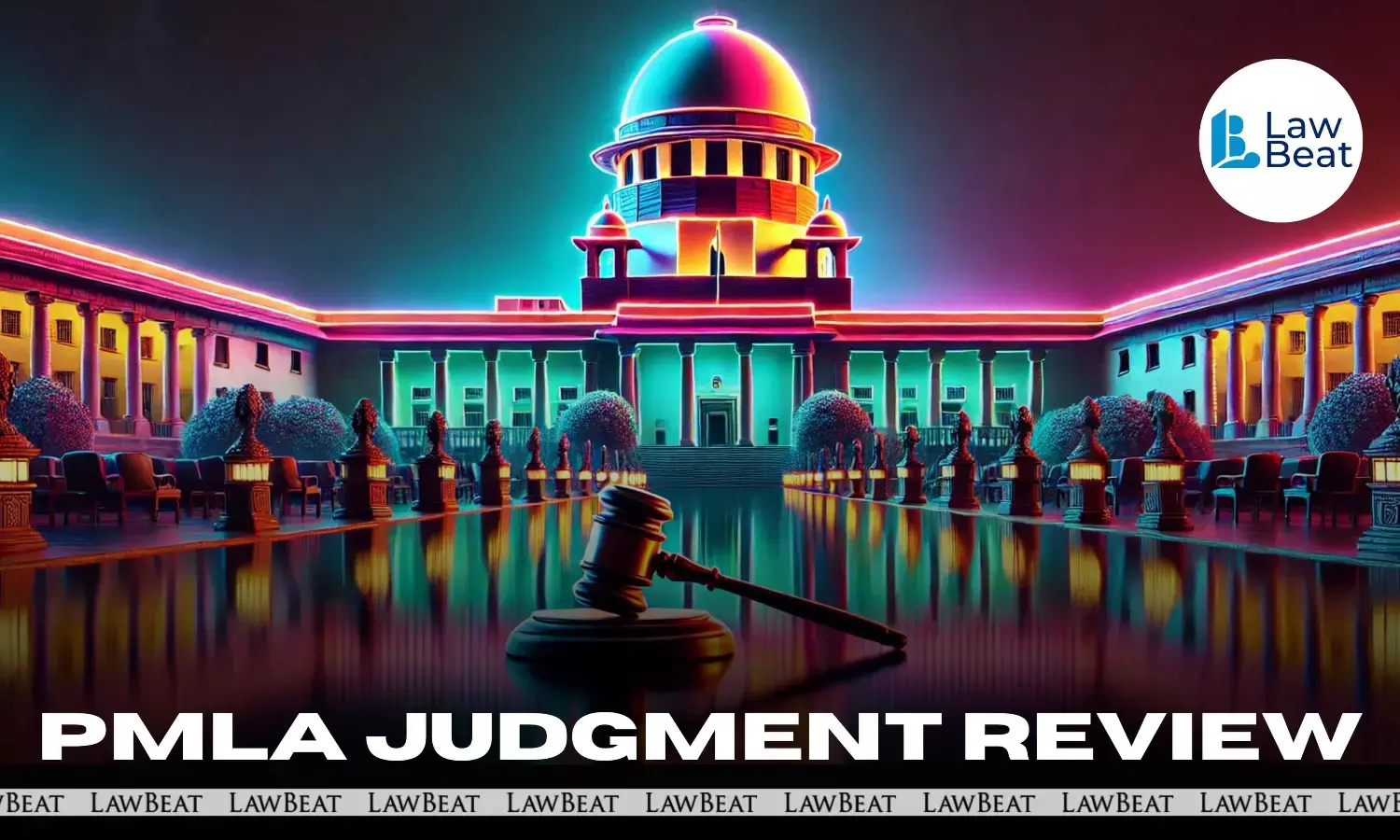PMLA Judgment Review: Supreme Court Fixes July 31 For Hearing

The Supreme Court on Tuesday adjourned to July 31 the hearing of a batch of review petitions challenging its 2022 judgment that upheld the wide-ranging powers of the Enforcement Directorate (ED) under the Prevention of Money Laundering Act (PMLA), including arrest, search, seizure, and attachment of properties.
The Bench of Justice Surya Kant and Justice Joymalya Bagchi passed the order after Solicitor General Tushar Mehta, representing the Union Government, requested an adjournment citing his unavailability.
Senior Advocate Kapil Sibal, appearing for the petitioners, said he had no objection to the adjournment and agreed to the matter being listed on July 31.
Previously
On May 7, the Court had asked Senior Advocate Kapil Sibal and Solicitor General Tushar Mehta to formulate and mutually circulate proposed issues in the batch of petitions seeking a review of its 2022 judgment that upheld the sweeping powers of the Enforcement Directorate (ED) under the Prevention of Money Laundering Act (PMLA).
Recently, the Supreme Court reconstituted a three-judge bench to hear a batch of petitions seeking reconsideration of its 2022 verdict that upheld the wide-ranging powers of the Enforcement Directorate (ED) under the Prevention of Money Laundering Act, 2002 (PMLA). The reconstitution became necessary after the retirement of Justice C.T. Ravikumar, who was earlier part of the original bench alongside Justices Kant and Bhuyan.
In August 2022, Supreme Court had issued notice in the review petition on limited purview.
A Justice AM Khanwilkar led bench of the Supreme Court on July 27, 2022 upheld the constitutional validity of various provisions of the Prevention of Money Laundering Act, 2002. The bench, also consisting of Justices Dinesh Maheshwari and CT Ravikumar however had held that the challenge to the passage of amendments to the Act in 2019 as a money bill will be considered by a larger bench.
Over 200 petitions were filed challenging the provisions of the Act. It was argued before the court that the powers of the Enforcement Directorate to arrest, force confessions, and seize property were unbridled.
In its 545-page judgment, the Court answered 12 questions of law formulated in the batch of petitions. A comprehensive look at the same can be found here.
Case Title: Karti P. Chidambaram v. The Directorate of Enforcement
